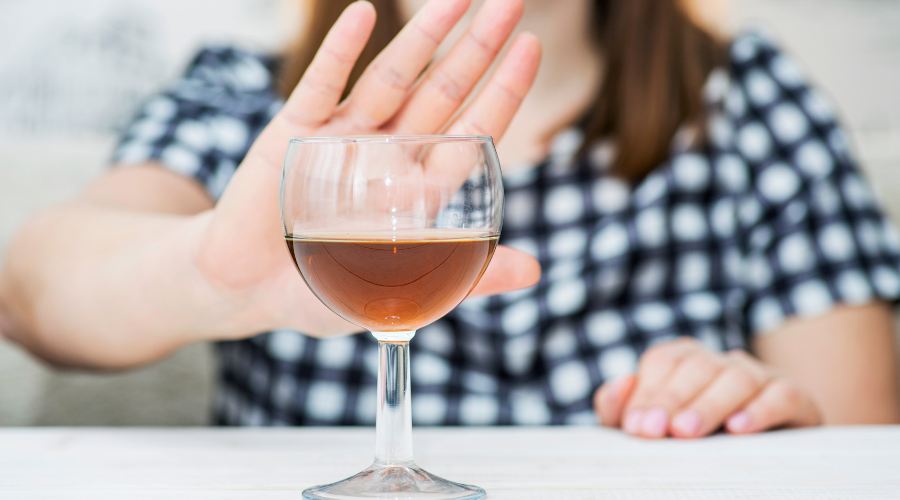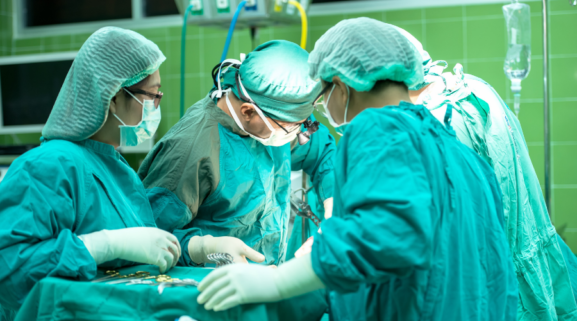Effects of Alcohol Use in Obesity Surgery
Effects of Alcohol Use in Obesity Surgery
Obesity surgery is one of the most effective and frequently preferred methods in the treatment of obesity today. With obesity surgery, it is aimed to treat many problems such as overweight and eating disorders. In order for bariatric surgery to be successful, there are important rules that must be followed after the surgery. It is very important for patients to understand what they can and cannot consume after bariatric surgery. After bariatric surgery, a strict diet prescribed by the doctor is applied and many harmful foods and beverages are prohibited in this diet. Alcohol consumption is one of these prohibited drinks. Alcohol should not be consumed in the first 6 months to 1 year after bariatric surgery. Be careful with alcohol consumption after the recovery period. Since the stomach volume decreases after bariatric surgery, the absorption rate of alcohol increases and enters the bloodstream faster. This can lead to alcoholism and weight gain. Therefore, attention should be paid to the amount of alcohol consumed.
Should Alcohol Use Be Reduced Before or After Bariatric Surgery?
Since alcohol consumption will be limited after bariatric surgery, reducing alcohol consumption before the operation will be beneficial to get used to this situation. Patients with alcoholism problems should be treated before bariatric surgery. Bariatric surgery is unlikely to be successful in patients whose alcoholism treatment is not completed. After the operation, alcohol should not be consumed for 6 months – 1 year. For alcohol use, it is necessary to wait for the completion of the healing process of the stomach. Alcohol consumption during the recovery period can cause nausea and vomiting. Inflammation and swelling in the stomach may occur due to vomiting. In addition, the first year after surgery is the period when weight loss is the fastest. The fact that alcohol is a high-calorie beverage may cause weight loss to stop and weight gain during this period. In addition, since the volume of the stomach will decrease after bariatric surgery, the rate and amount of alcohol absorption increase. For this reason, it is recommended that patients consume less alcohol than before, even if the recovery period is completed.
How Does Alcohol Use Have an Effect on the Operation?
Since gastric volume decreases after operations such as sleeve gastrectomy and gastric bypass, the rate and amount of alcohol absorption increases. For this reason, the alcohol taken passes through the intestines faster and is absorbed more quickly and mixes into the blood. The higher the rate and amount of alcohol absorption, the higher the liver’s capacity to metabolize alcohol. This can lead to alcoholism and weight gain. After bariatric surgery, patients feel the effects of alcohol more quickly with less alcohol. If attention is not paid due to its rapid absorption of alcohol, it can cause a sudden increase in the amount of alcohol in the blood and alcohol poisoning. Another effect of alcohol use is related to the success of bariatric surgery. Alcohol is a high-calorie liquid and is not suitable for low-calorie diets applied after bariatric surgery. Even small amounts of alcohol fill most of the daily caloric needs. Alcohol consumption can stop weight loss after surgery and cause weight gain. Another effect of alcohol consumption after obesity is addiction. Alcohol dependence is seen in some patients after bariatric surgery. Most of these patients also have alcohol problems before surgery. The decrease in food consumption after surgery may cause the pleasure and dependence on food to turn into addictions such as alcohol in some patients.



